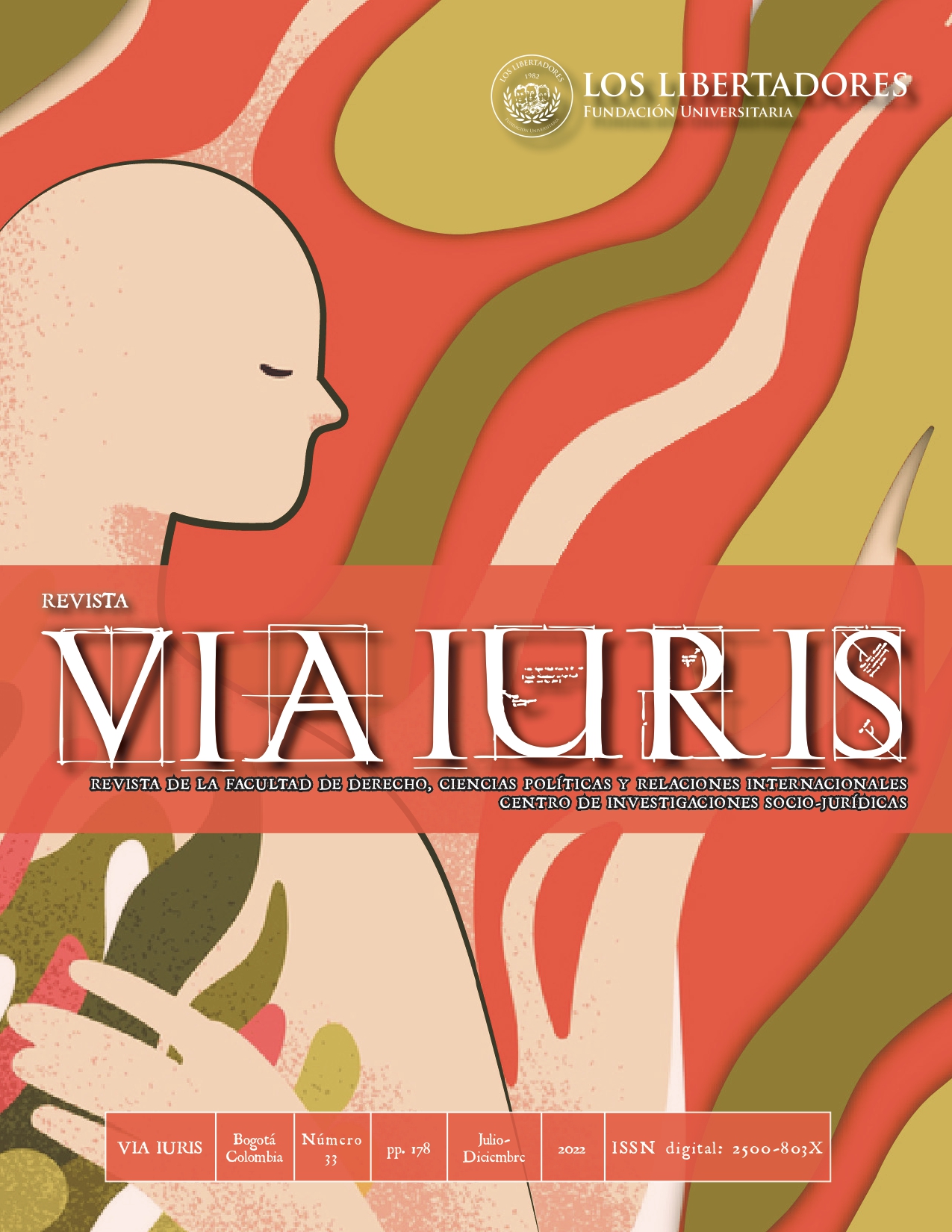Abstract
In the present study, a historical review of the conception of disability is carried out, describing the way in which the modern legal model is founded on economic criteria from Roman law. In this sense, the construction process of the legal categories of patrimony protection that gave rise to the conception of legal disability is presented, which would later be implemented in the Colombian legal system. To achieve this analysis, the main modalities provided for in Roman Law are addressed and the reception process by the modern State is described, which, by copying the classical legal Institutions, also adopted the hierarchical and discriminatory structure of said Law. The present investigation has been carried out using the qualitative approach through the documentary compilation of Roman and Colombian law sources and the analysis of recent transformations in the concept of disability. It is highlighted that, despite adopting the language of inclusion, the criteria of discrimination remain in the collective imagination.

This work is licensed under a Licencia Creative Commons Atribución-NoComercial-


